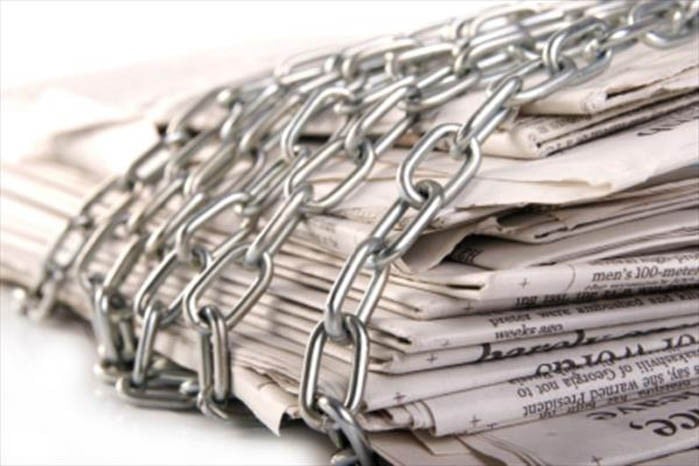

When the dead bodies of around 60 young police recruits, who had been killed in the October 24 militant attack on Quetta’s Police Training Centre, arrived in their hometowns in Balochistan, they were offered a silent funeral. Neither senior government officials attended the burial of these young recruits who had been killed in the violent attack allegedly by the Islamic State, nor did the national media sufficiently cover this tragedy.
By the time the victims were being buried, the story of the attack had already become old for the news media. Pakistanis were largely uninformed about the life stories of the slain recruits. There were hardly follow-up reports about the impact of this incident on the families of the fallen policemen. Friends and relatives used social media to share stories, photos, videos and memories of their loved ones and prayed for the recovery of the injured.
Social media also remained people’s biggest source to solicit blood donations for the injured. Nevertheless, everybody felt the absence of the national media.
"Among all national news channels, only one Balochi language station, Vsh News, covered policemen’s funeral," says Rafiq Chakar, a journalist in Panjgur, home to 15 of the policemen who were killed. "All other channels did not cover the aftermath of the attack or the burial of the victims."
The scene was not different in the neighbouring Turbat District, hometown of 20 recruits who were killed. Majid Samad, a journalist, says most channels did not take live calls from their local reporters when they wanted to report the burial. "It was not as if local reporters did not send stories to their head offices," he says. "The footage and stories were simply not put on air."
The blackout of news about Balochistan in the media has somehow become an integral part of the description of the broader conflict. Ask someone in Balochistan what fuels unrest? Political parties, the civil society and even members of the media will immediately cite lack of media coverage as one of the key reasons why people feel ignored and under-represented.
Coverage of Balochistan has always been almost non-existent but many channels and newspapers have increased self-censorship in recent times because of growing pressure and threats from law enforcement agencies. Local reporters say they face threats from intelligence agencies. They are forced to report stories that are only appreciative of the government and critical of the opposition.
Read also: Editorial
While some news organisations have bureau offices in Quetta, the provincial capital is, in fact, not a hub of some of the most important news stories related to Balochistan. The actual big stories take place in the remote districts, such as Gwadar, Awaran, Dera Bugti, etc. Treating Quetta as Balochistan and vice versa has remained a major hurdle in covering or understanding the roots of unrest in Balochistan.
Foreign news organisations have historically had a better reputation covering Balochistan. However, some reporters working for these outlets say now they also find it extremely difficult to travel in interior Balochistan and report from there because their fixers are subsequently bullied by government officials for helping investigate stories that will potentially embarrass the government.
"Everybody you meet or talk to in Balochistan is scared. There is a lot of fear. Nobody is willing to accompany a visiting journalist because they will be approached and reprimanded by spymasters for allegedly working against ‘our national interests,’" says one reporter. "Sources are reluctant to speak on record. Their tone change completely once they go off the record but they can’t say much on the record because it is too risky to speak the truth about what’s going on in Balochistan these days," he adds.
With the media under unprecedented threats and fear, who will tell Balochistan’s uncensored story?